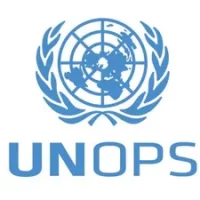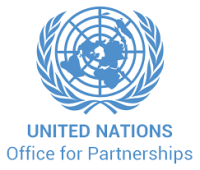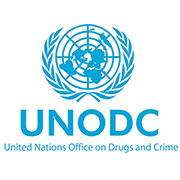The United Nations Development Programme (UNDP) uses the Human Development Index (HDI) as a key measure to assess the level of development in different countries. The HDI is calculated based on three dimensions of human development: Health: This is measured Read more…
Category: Question and Answer
The recruitment process at UNESCO may vary depending on the specific position and the organizational unit responsible for the recruitment. However, in general, the recruitment process at UNESCO follows these steps: Job Posting: UNESCO publishes job vacancies on its website Read more…
The United Nations Development Programme (UNDP) is funded by a variety of sources, including: Voluntary Contributions from Governments: UNDP receives voluntary contributions from governments around the world to fund its programs and activities. These contributions can be both earmarked for Read more…
National Professional Officers (NPOs) at UNESCO are locally recruited professionals who provide technical expertise and support to UNESCO’s programs and activities in member states. NPOs are typically nationals of the country in which they are based and have specialized knowledge Read more…
Yes, the United Nations Development Programme (UNDP) does give grants to support development projects and programs in developing countries. UNDP manages a range of funding mechanisms that provide grants to national governments, civil society organizations, and other development partners. Some Read more…
International professionals working for UNESCO are individuals who are employed by the organization in various capacities and who bring a diverse range of skills and expertise to their work. These professionals work across UNESCO’s mandate areas, including education, natural sciences, Read more…
As of January 2023, there are a total of 1,157 World Heritage Sites located in 167 countries around the world. These sites are recognized by UNESCO for their outstanding universal value and represent some of the most significant cultural and Read more…
To apply for an internship with the United Nations Development Programme (UNDP), you will need to follow these steps: Check eligibility: Review the eligibility criteria for UNDP internships. Typically, interns should be enrolled in a graduate-level program or have completed Read more…
As of September 2021, the three countries with the most World Heritage Sites are: Italy – 58 sites: Italy has the highest number of World Heritage Sites, including cultural sites such as the historic centers of Rome, Florence, and Venice, Read more…
UNESCO offers several fellowships for individuals who wish to pursue their studies or conduct research in a variety of fields related to the organization’s mandate areas. The application process for each fellowship varies, but generally involves the following steps: Identify Read more…
UNESCO has various programs that provide financial support for projects that align with the organization’s mission and objectives. However, the availability of funding and the eligibility criteria for each program can vary, and the process of obtaining funding can be Read more…
Joining UNESCO can be a rewarding and fulfilling career choice for a number of reasons: Mission-driven organization: UNESCO’s mission is to build peace through international cooperation in the fields of education, science, culture, and communication. By joining UNESCO, you will Read more…
As of September 2021, Europe has the most UNESCO World Heritage Sites of any continent, with a total of 498 sites. This is followed by Asia with 415 sites, and then North America with 109 sites. Europe’s numerous sites are Read more…
The UNESCO-EU Partnership is a collaboration between UNESCO and the European Union (EU) aimed at promoting common goals in areas such as education, culture, and sustainable development. The partnership was established in 2004, and has since been renewed several times, Read more…
UNOPS stands for the United Nations Office for Project Services. UNOPS is a self-funded UN organization that provides project management, procurement, and infrastructure services to other UN agencies, governments, and non-governmental organizations around the world. UNOPS works to implement sustainable Read more…
If you are interested in working for the United Nations Office for Project Services (UNOPS), here are some steps you can take to increase your chances of getting a job: Explore available opportunities: Visit the UNOPS website or UN careers Read more…
UNOPS is a self-funded UN organization that operates as a separate legal entity within the United Nations system. It is not a specialized agency or program of the UN, but rather a separate entity established by the UN General Assembly Read more…
Yes, UNOPS (United Nations Office for Project Services) is a part of the United Nations system. Although it operates as a separate legal entity, UNOPS was established by the United Nations General Assembly in 1973 to provide project management, procurement, Read more…
Joining UNOPS can provide a range of benefits, including the opportunity to contribute to global development and humanitarian efforts, gain valuable work experience, and develop skills and expertise in a diverse and dynamic work environment. Here are some specific reasons Read more…
LICA in UNOPS stands for “Local Individual Contractor Agreement.” This refers to individuals who are contracted by UNOPS to provide specific services or work on a specific project, and who are recruited locally in the country where UNOPS operates. LICA Read more…



